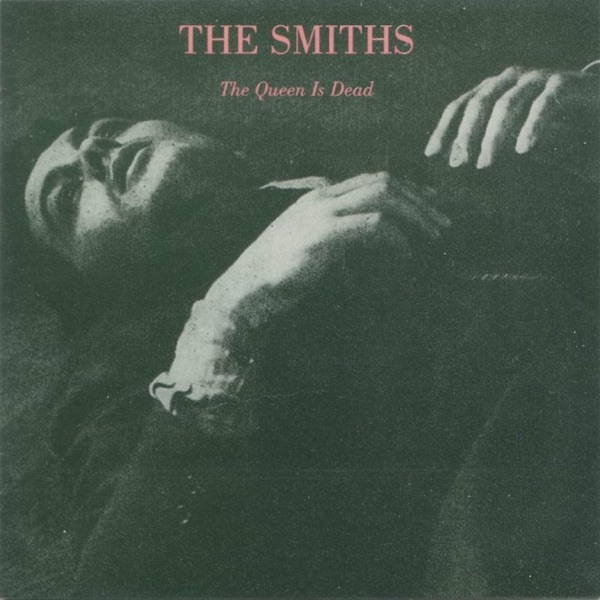The Queen is Dead, by The Smiths
Suggested by Owen Pauling
Everyone hates Morrissey, and if I’m honest I don’t really know why.
I’m not saying that he’s not hateable. I’m saying that I literally don’t know anything about Morrissey, about what he may or may not have said or done to elicit such vitriol. The Smiths are well-liked, right? They did some good stuff, if I recall correctly. Not really my bag historically, but that’s fine.
So, what has Morrissey done to turn the tide against him? Has he punched a puppy? Or maybe he’s responsible for the deforestation of Brazil? I’m sure I’d have heard if he were a paedophile, so I doubt it’s something so blatant. Is he a racist? A misogynist? Or is he that cardinal of sins, ‘just a bit crap’…?
My Googling on Mozzer can wait for les turbulent times, as we’re here to discuss The Smiths, plural, after all. I’m sure you can enlighten me in the comments if I’m missing anything egregious.
The Queen Is Dead is the band’s third studio album, heralded ass their best, and one of the more seminal releases of the Eighties. It is lauded as an influencer on the Britpop scene, and as a flagbearer for indie pop in general. It’s deep, and it has some corking tunes too.
What strikes me first about the songs on this album is the oddly dissonant disconnect between the vocals and the sounds underpinning them. As is customary with The Smiths, the music is all Johnny Marr, and the lyrics are all Morrissey, and at a surface level there feels little connection between them both. It’s as if Marr is blithely playing his delicious indie guitar arrangements in one room, while Morrissey warbles his irreverent working class poetry in another. While the disconnect isn’t as pronounced as, say, Bjork, who often sounds as if she’s singing the lyrics of one song over the music of another, Morrissey’s vocal sometimes sounds as if he’s hearing Marr’s music for the very first time, and is just mirroring the surface melody with the words he needs to say.
Marr’s songsmithery is excellent, and most of the ten tracks here are tuneful, catchy and deliberate. They’re also playful which is a necessity when paired with Morrisseys’ signature irreverence. His lyrics are at once both wickedly clever and confusingly idiotic, and there’s a benign feeling of artifice in his singing, as if they’re not really songs but pieces of performance art. The tone and timbre of his voice is also irritating in part, and it becomes clear from the initial track that I’m destined to find The Smiths a pleasant band despite Morrissey rather than because of him.
As for songs, I’m drawn to the obvious ones. Bigmouth Strikes Again is a ferociously upbeat yet deprecating delight, while my favourite The Is A Light That Will Never Go Out is a warbling depressive’s anthem that has a resonance beyond its meagre means. On the other hand, the peculiar and frivolous Some Girls Are Bigger Than Others is a masterclass in confusion, and the less said about Frankly Mr Shankly the better.
I award The Queen Is Dead a creditable 7/10, acknowledging its influential hold on a slew of more familiar bands and albums. Whether I’ll revise that once I know the grim truth about Morrissey’s subsequent transgressions and fall from popular grace remains to be seen.
